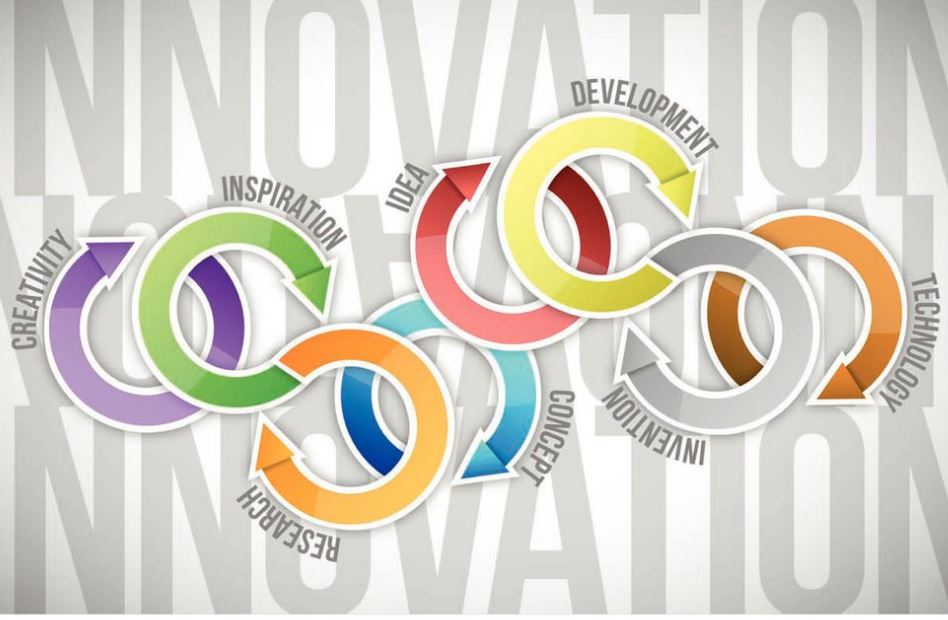OECD Report on Innovation in Education: Schools and education systems are not yet ready to realise technology’s potential
Published:
OECD Report “Innovating Education and Educating for Innovation” was published as the background report to the second Global Education Industry Summit which was held on 26-27 September 2016 in Jerusalem. The report presents the results of several OECD surveys on innovation in education, analysing the impact of digital technologies on teaching and learning. The key findings of the report indicate that even though digital skills create a considerable positive outcome in terms of employment, income and better life opportunities, the introduction of digital technologies in the education system has not yet reached the expectations of better results at lower cost. Moreover, the analysis of the students’ performance by PISA (Programme for International Student Assessment) shows that there is only a weak or sometimes negative association between the use of ICT in education and students’ performance in mathematics and reading, even in computer-based mathematics and digital reading. According to the report, technology also does not help to bridge the skills gaps between advantaged and disadvantaged students. Moreover, the analysis of the students’ performance by PISA (Programme for International Student Assessment) shows that there is only a weak or sometimes negative association between the use of ICT in education and students’ performance in mathematics and reading, even in computer-based mathematics and digital reading. According to the report, technology also does not help to bridge the skills gaps between advantaged and disadvantaged students.
To be able to create more effective and mutually beneficial relationship between innovations and the education sector, the OECD report suggests that the governments should not only provide sustainable financing for the ICT in schools, but also invest in capacity development and change-management skills. Other key elements of successful integration of technology in education, according to the report, are teachers, school leaders and other educational personnel. ETUCE supports the OECD report’s conclusions and states that a successful use and integration of ICT to help deliver quality education depends largely on highly-qualified and motivated education personnel. In that regard, ETUCE member organisations strive for good working and learning conditions and continuous professional development (including strategies for increasing ICT skills of education personnel), for an adequate infrastructure and sufficient funding of ICT in education institutions as well as for the safety and well-being of students and education personnel.